Newcastle join race to sign Brazilian star along Chelsea, Liverpool and Arsenal
A number of Premier League clubs, including Newcastle United, are reportedly looking to sign Brazilian striker Igor Jesus from Botafogo.
Jesus has grabbed the headlines for the Selecao over the international break with his equalising goal against Chile, in a game in which Luiz Henrique’s winner was assisted by none other than the Magpies’ midfield maestro Bruno Guimaraes.
The 23-year-old striker, according to reports in Spain, has attracted the interest of a number of top English sides, including Newcastle, Arsenal, Chelsea, Brighton, Brentford and Nottingham Forest.
It’s believed the Gunners are marginally ahead of the rest of the pack, with Sporting Director Edu Gaspar thought to be keeping tabs on Jesus ahead of a proposed move to the Emirates in 2025.
Botafogo are said to be looking for €35-40m from any potential suitors, which would put him amongst the likes of Endrick, Rodrygo and Vinicius Junior as one of the highest value departures from the Brazilian League.
Jesus has so far recorded seven goals and one assist for his club, and with Vinicius Junior’s current absence from the Brazilian National Team, the youngster has been afforded a fantastic opportunity in a transitioning Brazil side to become one of their next big stars.
With Callum Wilson yet to play this season and Will Osula thought to be a project player, I wouldn’t be surprised if we revisited the striker market in 2025, especially as Wilson’s current deal is due to expire at the end of the season.

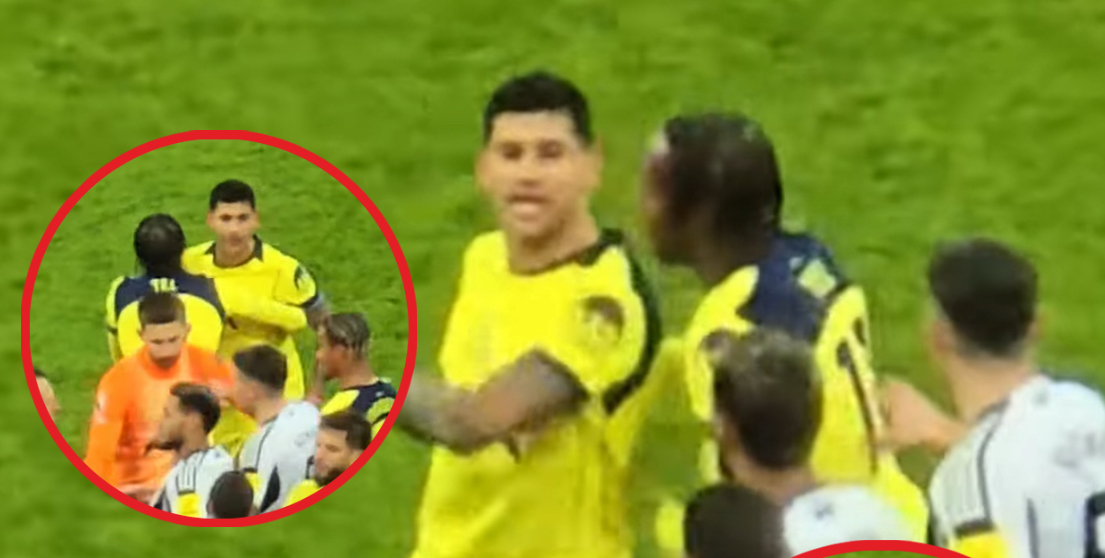
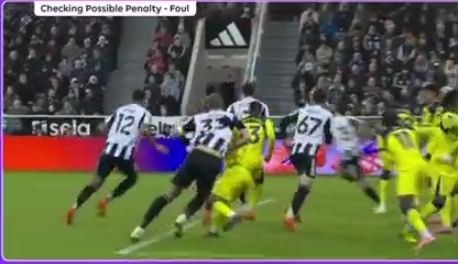
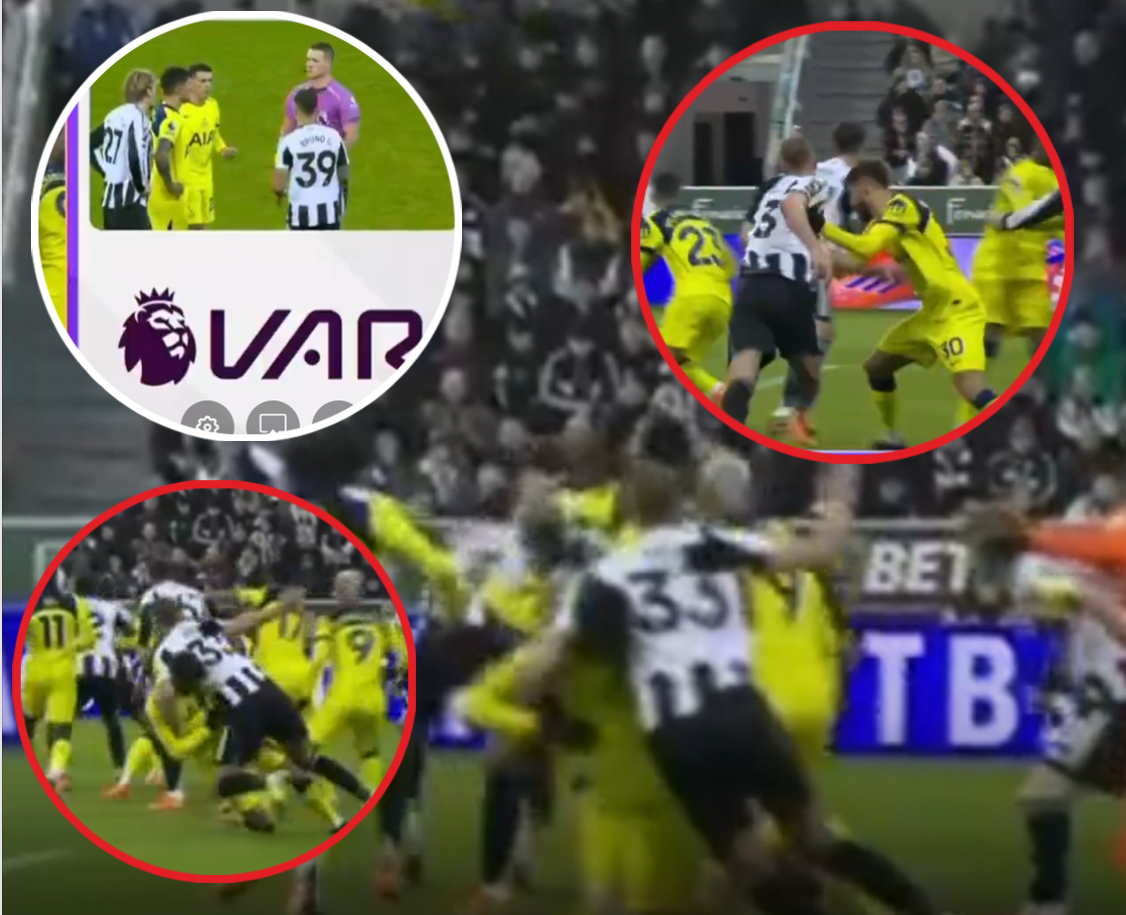
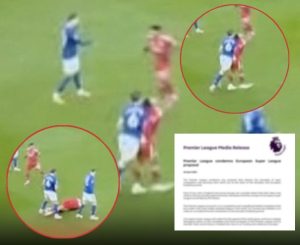

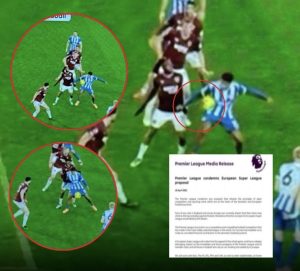

Post Comment